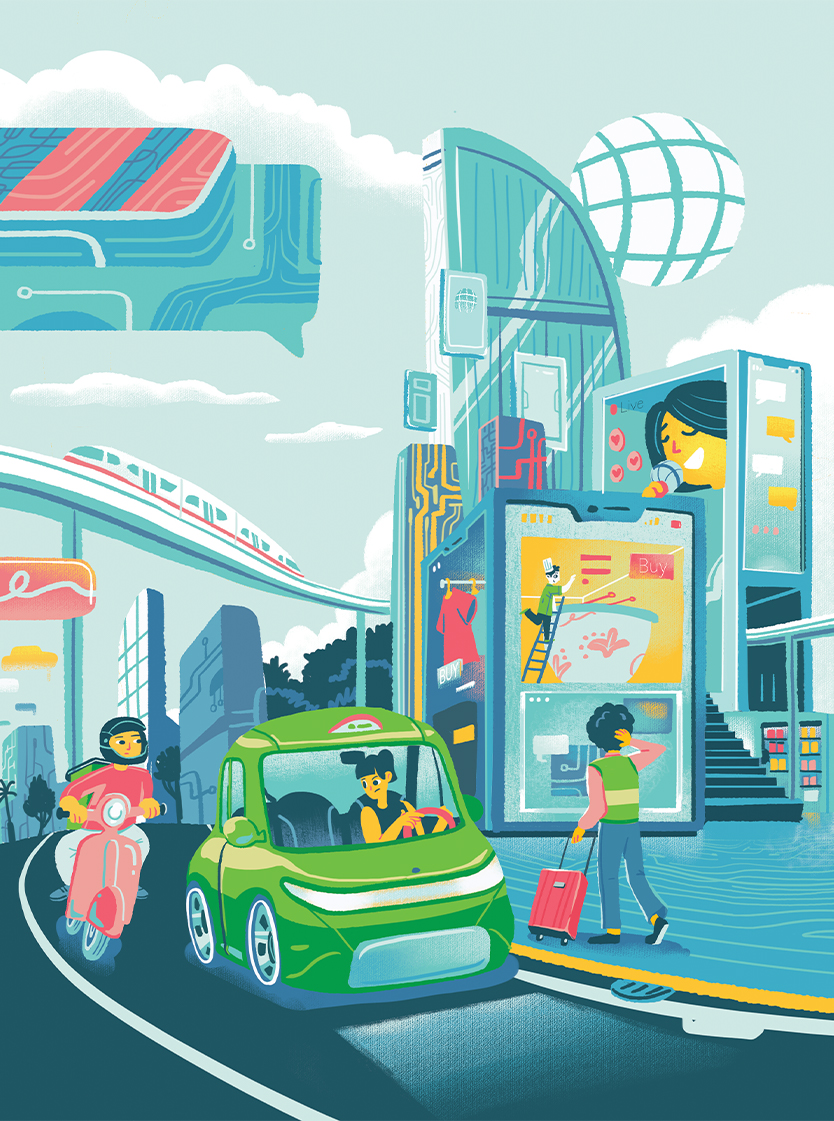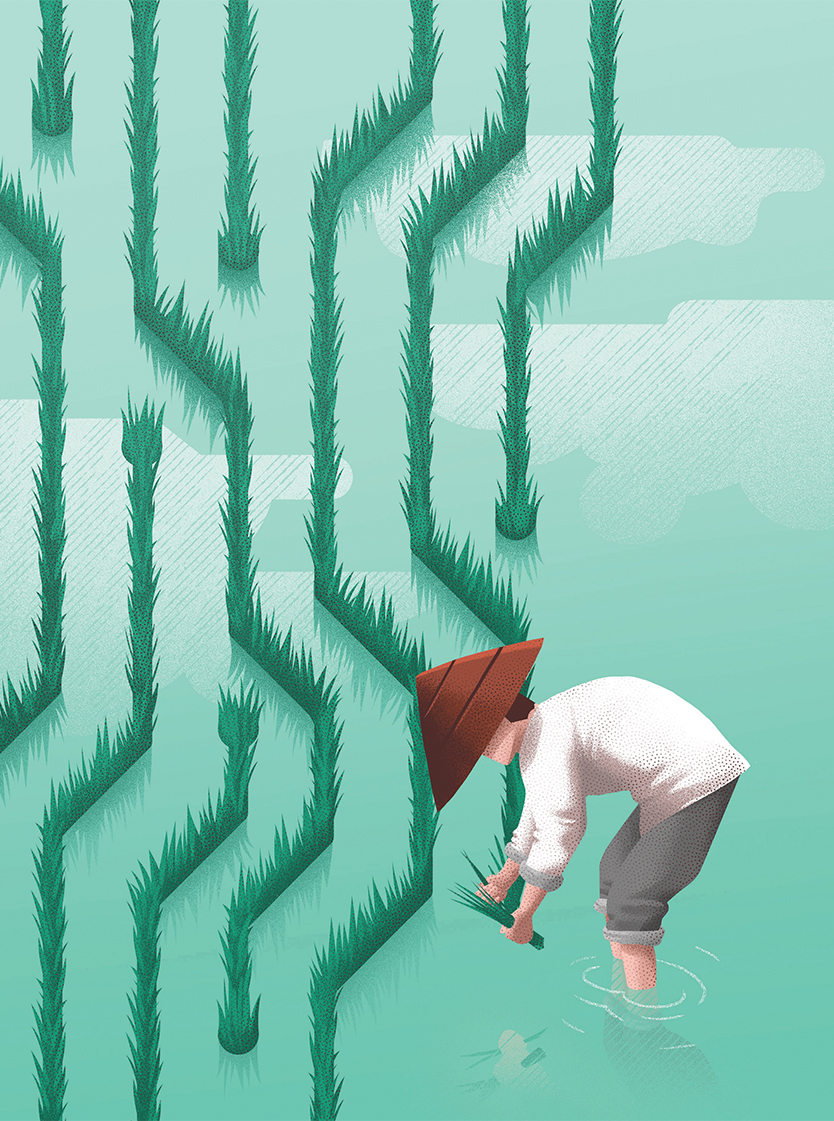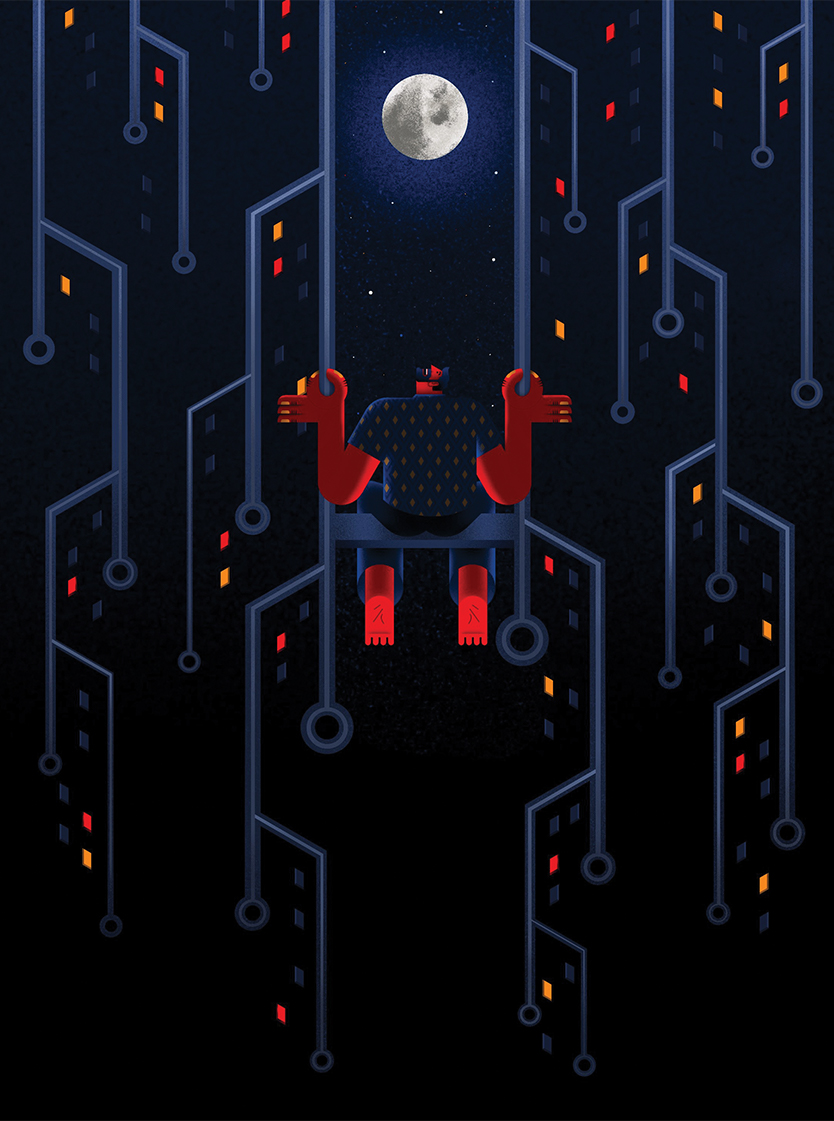Standing at the digital crossroads
By Osama Al-Zoubi

Tiago Galo

Well over a year after the start of the pandemic there are complaints that while technology has brought us closer than ever, we could not be farther apart. We have only just scratched the surface of what technology can do, but it is up to all of us to determine whether it will be a blessing or a curse, writes Osama Al-Zoubi.
We humans are social beings. From sending letters via pigeons, to the hyperconnected world in which we live, we will always find ways to connect and socialise. In the end, this is part of what gives our lives a meaning. We always adapt and find workarounds. Back in early 2020, we found ourselves under lockdown due to the pandemic; soon after, we resorted to technologies to keep us connected and keep our lives going. Everyone was so grateful to have such platforms that helped us go on with our livelihoods; however, more than 15 months later, everyone is complaining that while technology brought us closer than ever, we could not be farther apart. How controversial is that!
With every advancement in our lives, there have always been debates at both ends of the spectrum. There is no doubt that one can argue for the amazing and wonderful things that technology has brought to our lives, while another can argue the exact opposite. I am very optimistic by nature. While I believe both sides have very valid arguments, I fundamentally believe in technology for good. In my view, the technological innovations we are now living have immensely benefited and transformed our modern world for the better: the key now is to capitalise on the advantages offered by these transformations and minimise the disadvantages. Once we do this, we are sure to pave a path of growth and improvement for our generations to come.
We can talk about many examples of technology for good. However, I will bring the ones closest to us. The pandemic greatly impacted all aspects of our lives, yet technology was at the heart of most solutions to minimise this impact. From education to healthcare and from banking to logistics, technology played a significant role in easing the extreme challenges the pandemic lockdown caused.
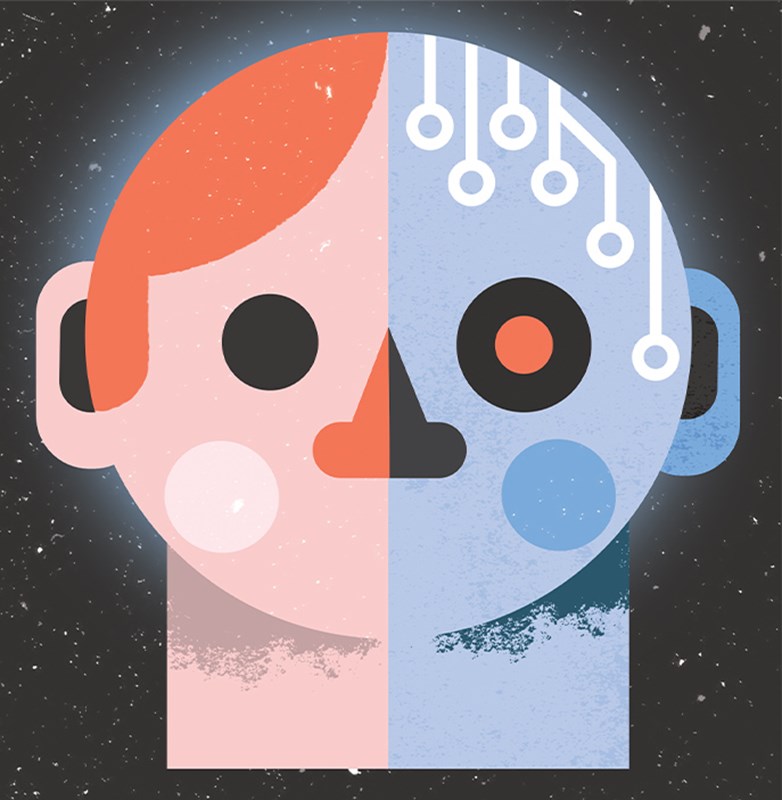
In the field of healthcare, there was a need for mobile tools to allow hospitals to more efficiently care for patients, and to reduce overall human error. After Covid-19, hospitals also needed to introduce communication methods that facilitated remote diagnosis and patient tendency. The Unified Electronic Medical Record in Saudi Arabia is enabling healthcare workers to do their work efficiently as they are provided with their patients’ data in real time, anywhere.
This contributes to reducing medical and diagnostic errors and minimising the side effects of diseases. And in the field of education, digital transformation has changed the student experience while enabling institutions to deliver the quality education they desire. One example is the ‘Noor’ Program in Saudi Arabia’s education system. ‘Noor’ connects all educational institutions in the Kingdom through an integrated database that provides many services related to all stages of public education, with the aim of improving the quality of digital services and enhancing digital inclusion.
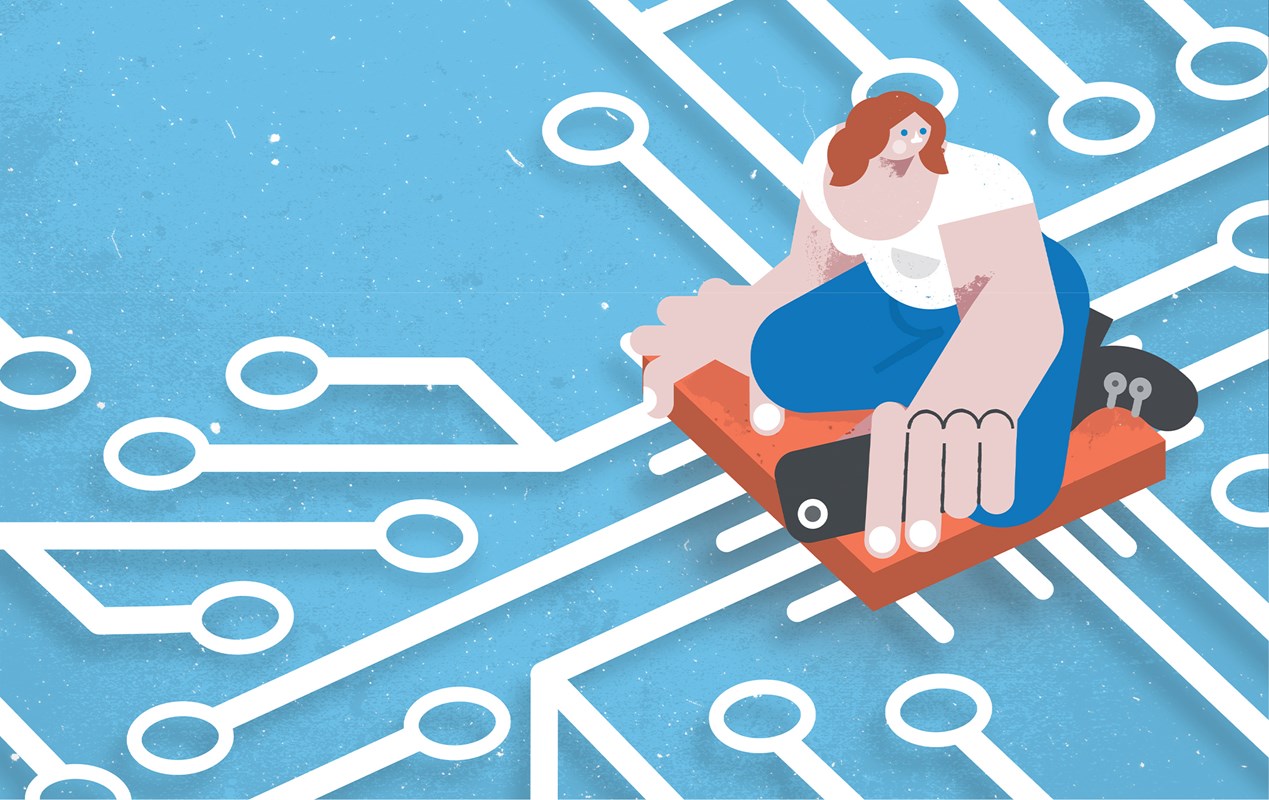
Now the question remains, how can businesses turn technological innovation into a friend? There are several methods. Investing in new technologies such as Artificial Intelligence, 5G, Internet of Things, Augmented Reality/Virtual Reality, Cloud, Quantum Computing, and more is a foolproof method to ensure business growth. Another strategy is to embrace the gig economy. Nowadays, workers are looking for jobs that allow for more flexibility and freedom.
With the help of technology, this has been made possible. Investing in that will create new ways for employees all around the globe to participate in the global economy. Employees are the heart of any organisation. In order to take advantage of the current digital revolution, companies must invest in training their workforce. This will allow the organisation to maximise the benefit obtained from technological advancements. Because of the inordinate amount of data being produced every second in the world, advancing companies are now utilising big data to promote economic growth.
One may wonder that with all of the advancements taking place in the world, where is technology really heading. In order to predict the future, it is always necessary to reflect on the past. Looking back at certain trends that occurred during the advancements in history allows us to predict future technological progression.
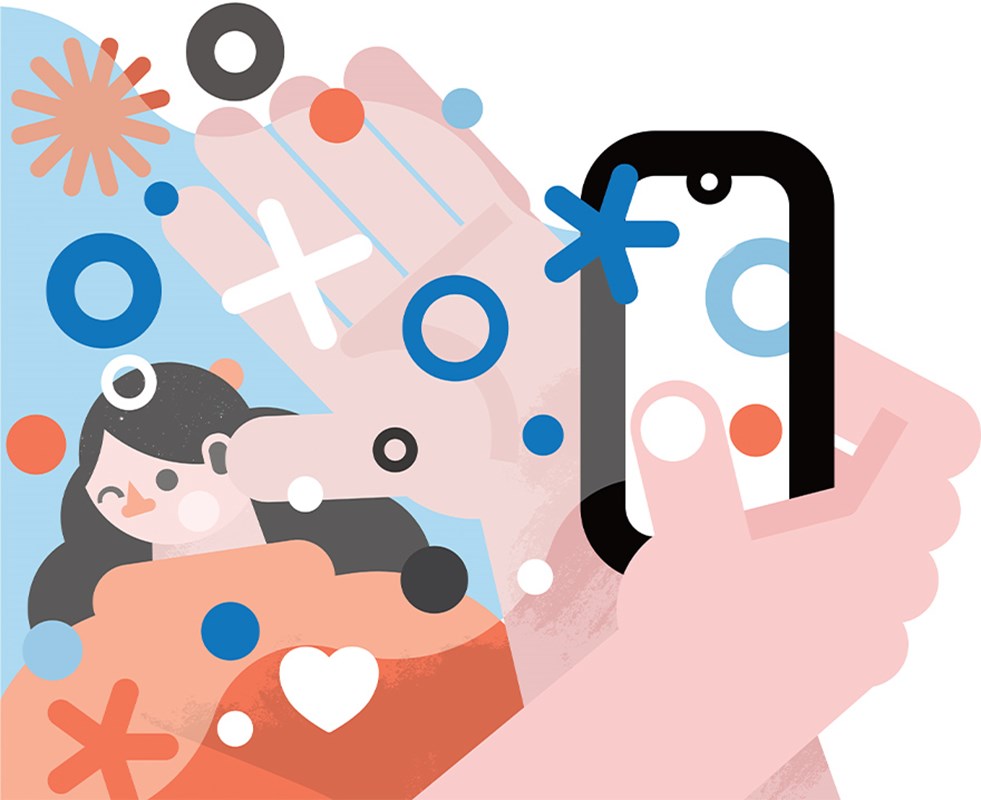
“We have just scratched the surface of what technology can do, and the gigantic things that are yet to come”
Osama Al-Zoubi
It is evident that all the technological advancements were not a mere stroke of luck, but rather were the work of visionaries who mapped out the strategies that led to the technological successes we are living nowadays. Despite the massive advancement and disruption that technology and innovation had on every part of our lives, in my view, I think we have just scratched the surface of what technology can do, and the gigantic things that are yet to come.
The technological advancements we are now living, and yet to see in the future, have and will continue to impact all aspects of our societies. Whether these innovations are a blessing, or a curse, is one of the most debated topics out there. I truly believe that it is up to us, the entire humanity, to determine whether technology will be a blessing or a curse.
The benefits technology has offered humanity are countless. But once again, if technology is misused it can be extremely harmful to humans as a whole. For that reason, it is necessary for all of us to strive for the use of ‘technology for good’ and ensure the adherence to ethical practices in order to reap the maximum benefit that technology has to offer.



